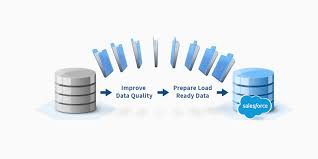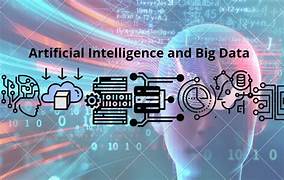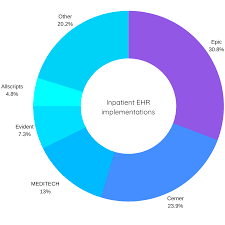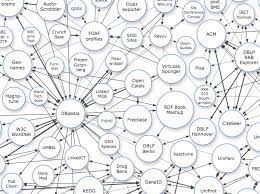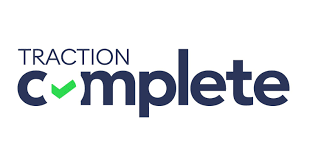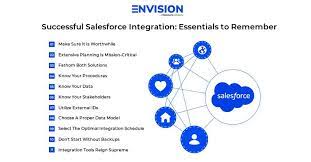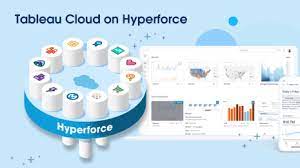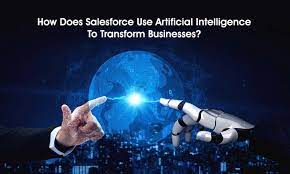Transformative Potential of AI in Healthcare
Healthcare leaders are increasingly optimistic about the transformative potential of AI and data analytics in the industry, according to a new market research report by Arcadia and The Harris Poll. The report, titled “The Healthcare CIO’s Role in the Age of AI,” reveals that 96% of healthcare executives believe AI adoption can provide a competitive edge, both now and in the future. While one-third of respondents see AI as essential today, 73% believe it will become critical within the next five years. How AI is Being Used in Healthcare The survey found that 63% of healthcare organizations are using AI to analyze large patient data sets, identifying trends and informing population health management. Additionally, 58% use AI to examine individual patient data to uncover opportunities for improving health outcomes. Nearly half of the respondents also reported using AI to optimize the management of electronic health records (EHRs). These findings align with a similar survey conducted by the University of Pittsburgh Medical Center’s Center for Connected Medicine (CCM), which highlighted AI as the most promising emerging technology in healthcare. The focus on AI stems from its ability to break down data silos and make use of the vast amount of clinical data healthcare organizations collect. “Healthcare leaders are preparing to harness AI’s full potential to reform care delivery,” said Aneesh Chopra, Arcadia’s chief strategy officer. “With secure data sharing scaling across the industry, technology leaders are focusing on platforms that can organize fragmented patient records into actionable insights throughout the patient journey.” Supporting Strategic Priorities with AI AI and data analytics are also seen as critical for maintaining competitiveness and resilience, particularly as organizations face digital transformation and financial challenges. In fact, 83% of respondents indicated that data-driven tools could help them stay ahead in these areas. Technology-related priorities, such as adopting an enterprise-wide approach to data analytics (44%) and enhancing decision-making through AI (41%), were top of mind for many healthcare leaders. Improving patient experience (40%), health outcomes (35%), and patient engagement (29%) were also highlighted as key strategic goals that AI could help achieve. Challenges in AI Adoption While most healthcare leaders are confident about adopting AI (96%), they also feel pressure to do so quickly, with the push primarily coming from data and analytics teams (82%), IT teams (78%), and executives (73%). One major obstacle is the lack of talent. Approximately 40% of respondents identified the shortage of skilled professionals as a top barrier to AI adoption. To address this, organizations are seeing increased demand for skills related to data analysis, machine learning, and systems integration. Additionally, 71% of IT leaders emphasized the growing need for data-driven decision-making skills. The Evolving Role of CIOs The rise of AI is reshaping the role of CIOs in healthcare. Nearly 87% of survey respondents see themselves as strategic influencers in setting and refining AI-related strategies, rather than just implementers. However, many CIOs feel constrained by the demands of day-to-day operations, with 58% reporting that tactical execution takes precedence over long-term AI strategy development. Leaders agree that to be effective, CIOs and their teams should focus more on strategic planning, dedicating around 75% of their time to developing and implementing AI strategies. Communication and workforce readiness are also crucial, with 75% of respondents citing poor communication between IT teams and clinical staff as a barrier to AI success, and 40% noting that clinical staff need more support to utilize data analytics effectively. “CIOs and their teams are setting the stage for an AI-driven transformation in healthcare,” said Michael Meucci, president and CEO of Arcadia. “The findings show that a robust data foundation and an evolving workforce are key to realizing AI’s full potential in patient care and healthcare operations.” Like1 Related Posts Salesforce OEM AppExchange Expanding its reach beyond CRM, Salesforce.com has launched a new service called AppExchange OEM Edition, aimed at non-CRM service providers. Read more The Salesforce Story In Marc Benioff’s own words How did salesforce.com grow from a start up in a rented apartment into the world’s Read more Salesforce Jigsaw Salesforce.com, a prominent figure in cloud computing, has finalized a deal to acquire Jigsaw, a wiki-style business contact database, for Read more Service Cloud with AI-Driven Intelligence Salesforce Enhances Service Cloud with AI-Driven Intelligence Engine Data science and analytics are rapidly becoming standard features in enterprise applications, Read more





